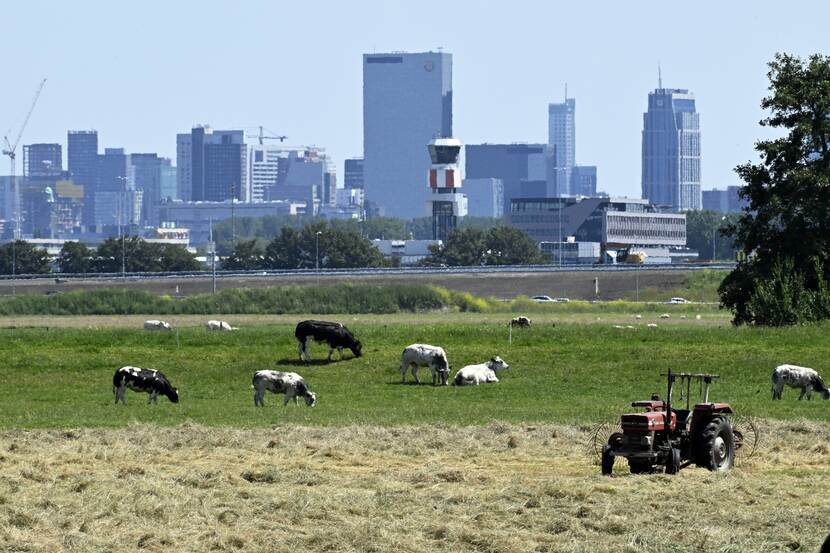Summary Ten essays on the internationally embedded food system in the Netherlands
Authors: Arjen van der Heide, with contributions from Noelle Aarts (RU), Bettina Bock (WUR), Jeroen Candel (WUR), Hans Dagevos (WUR), Liesbeth Dries (WUR), Floor Haalboom (Erasmus MC/UU), Martijn Huysmans (UU), Cees Leeuwis (WUR), Peter Oosterveer (WUR), Krijn J. Poppe (Rli), Karin Astrid Siegmann (EUR) en Han Wiskerke (WUR).

The production and consumption of food in the Netherlands is strongly embedded in an international food system. This affects the room of the Dutch government to guide changes in the food system. This volume therefore aims to contribute to a better understanding of the complexity of food policy challenges by clarifying the fact that this is an interconnected, international system and to consider the implications thereof for citizens in the Netherlands and elsewhere.
The contributions contained in the volume were divided into the following three themes:
1. The food system as an interconnected international system. The historic development of this interconnectedness, the contribution made by Dutch food production to the global food supply, and the implications of meat and dairy production for people’s lives elsewhere.
2. Developments in European policy context. This context is where discussions on the future of the food system are held. Topics of said discussions include the changing agriculture and nature policies, developments in commercial policy, and a growing awareness of the importance of strategic dependencies.
3. Different perspectives on internationalisation of the food system. Taken together, these perspectives give an impression of interests and values that play a role in the development of the food system, even if incomplete. This first of two closing chapters gives a summary of the main views from the essays before drawing a few conclusions for policy based on the views. Although the individual essays on occasion make specific policy recommendations, they mostly involve overarching views.